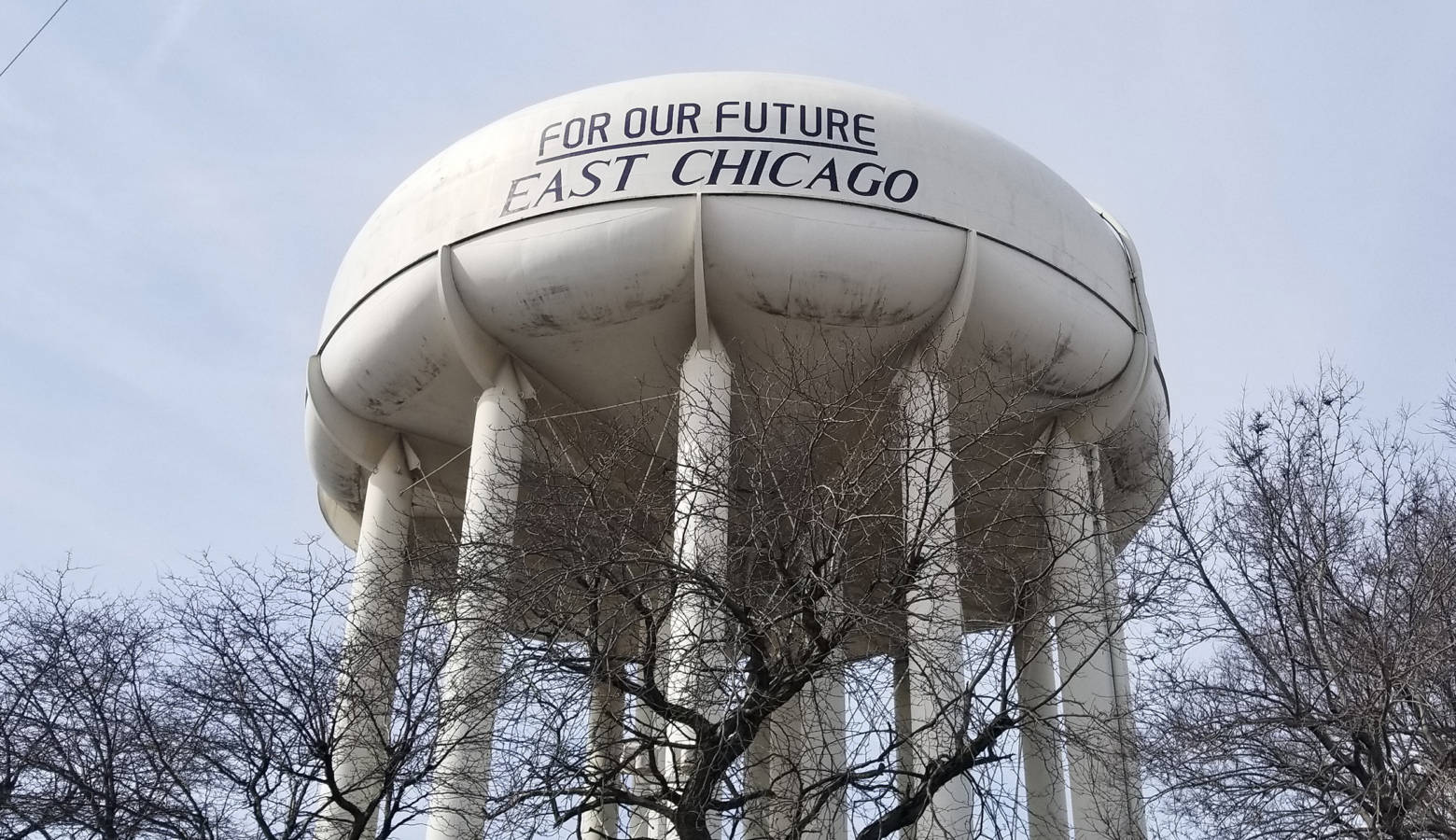Some East Chicago Homes Not Getting All Lead Pipes Replaced

The City of East Chicago is working to replace lead pipes in up to 800 homes near the USS Lead Superfund site. Residents found out at a public meeting Thursday night some lead lines are only getting partially replaced leaving those residents still at risk.
The Environmental Protection Agency says replacing only some of the lead pipes leading to a home doesn’t reduce lead contamination in drinking water and can even make it worse when the old pipes are disturbed.
George Kovacich is a project manager for First Group Engineering, which is overseeing the project. He says contractors with Hasse Construction haven’t been replacing all of the pipes on homes with finished basements.
“By contract, the contractor’s not allowed to rip down walls to get to the water meter,” says Kovacich.
So far, Kovacich estimates Hasse has done partial lead replacements on about 6 percent of homes in the project.
Debbie Chizewer is with Northwestern Law School’s Environmental Advocacy Clinic — which represents East Chicago residents dealing with the lead issue. She says the city knows most homeowners can’t afford to replace their pipes.
“It was meant to be a blessing, but now it’s a burden because residents have to figure out whether they can afford to cut open the wall,” says Chizewer.
Chizewer says her clinic will advocate on the behalf of the East Chicago/Calumet Community Advisory Group (CAG) to convince the city to fully replace lead pipes at participating homes to protect residents’ health.
Indiana Environmental reporting is supported by the Environmental Resilience Institute, an Indiana University Grand Challenge project developing Indiana-specific projections and informed responses to problems of environmental change.

